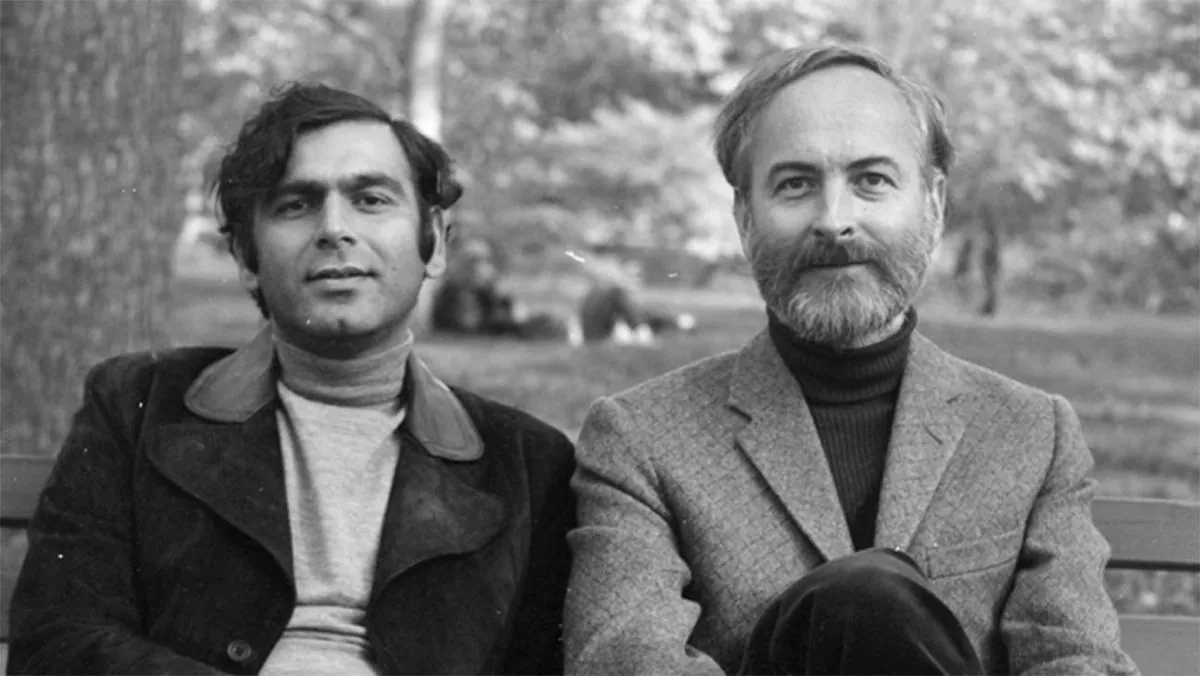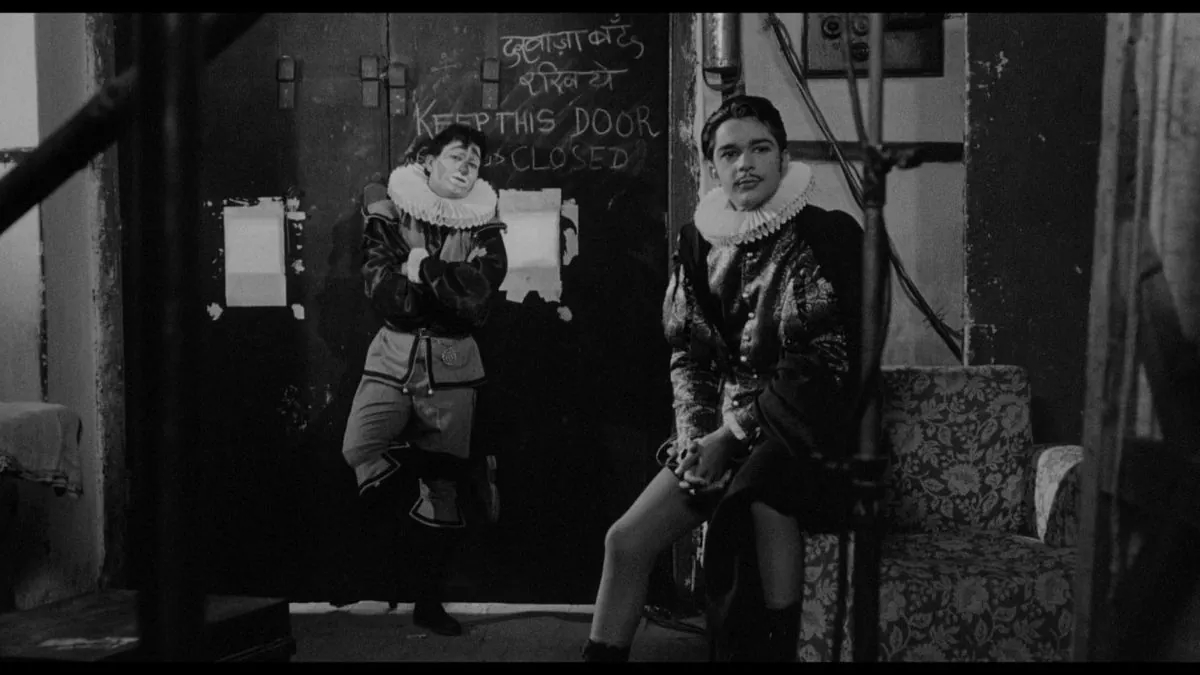Merchant Ivory: The Unlikely Trio That Redefined Period Cinema
Discover how Merchant Ivory Productions, founded by outsiders, revolutionized British period dramas. From humble beginnings to Oscar-winning success, their 43-film legacy continues to influence cinema today.

The story of Merchant Ivory Productions began with a serendipitous encounter in 1956. James Ivory, fresh from completing a Venice documentary, visited an art dealer's office in San Francisco. This chance meeting sparked a passion for Indian miniature paintings, leading to a creative partnership that would span nearly five decades and produce 43 remarkable films.
Ismail Merchant, an ambitious producer from Mumbai, approached Ivory after a 1959 screening in New York. Their shared love for cinema, particularly the works of Satyajit Ray, laid the foundation for a collaboration that would redefine period dramas and independent filmmaking.
Initially focusing on India, Merchant Ivory Productions expanded its scope over time. Their early works, such as "Shakespeare Wallah" (1965), showcased a unique blend of cultural perspectives. This film, loosely based on a British acting troupe in India, won critical acclaim and put the company on the international map.

As the company evolved, it faced numerous financial challenges. Despite limited resources, Merchant Ivory films consistently delivered lavish visuals and compelling narratives. Ismail Merchant's resourcefulness and charm often kept productions afloat through creative financing and persuasive negotiations.
The trio's diverse backgrounds contributed to their unique cinematic voice. Ivory, an American with an eye for architecture, Merchant, an Indian with a flair for production, and screenwriter Ruth Prawer Jhabvala, a German-born Jewish refugee, brought outsider perspectives to their predominantly British subjects.
Their breakthrough came with "A Room with a View" (1986), starring Helena Bonham Carter. This adaptation of E.M. Forster's novel exemplified the Merchant Ivory style: exquisite settings, witty dialogue, and nuanced performances. The film's success paved the way for future triumphs like "Howards End" (1992) and "The Remains of the Day" (1993).
"There was a sense of family, of creating something beautiful together. James had this incredible patience, and Ismail could charm the birds from the trees."
Merchant Ivory Productions tackled diverse subjects beyond British period pieces. "Maurice" (1987) bravely explored homosexuality in Edwardian England, while "Roseland" (1977) captured the fading glamour of a New York City ballroom.
The company's later years saw both triumphs and challenges. A partnership with Disney's Touchstone Pictures brought larger budgets but also creative constraints. After Merchant's death in 2005, the company's output slowed, but its influence persisted.
Today, at 96, James Ivory remains active in cinema. His Oscar-winning screenplay for "Call Me by Your Name" (2017) demonstrates the enduring relevance of his storytelling. A current exhibition at the Metropolitan Museum of Art, featuring Ivory's personal collection of Indian art, offers insight into the aesthetic that shaped Merchant Ivory's visual style.
The legacy of Merchant Ivory Productions extends far beyond their 43 films. They elevated the costume drama genre, infusing it with depth and social commentary. Their work continues to inspire filmmakers and enchant audiences, proving that stories of repressed emotions and societal constraints resonate across cultures and generations.


































